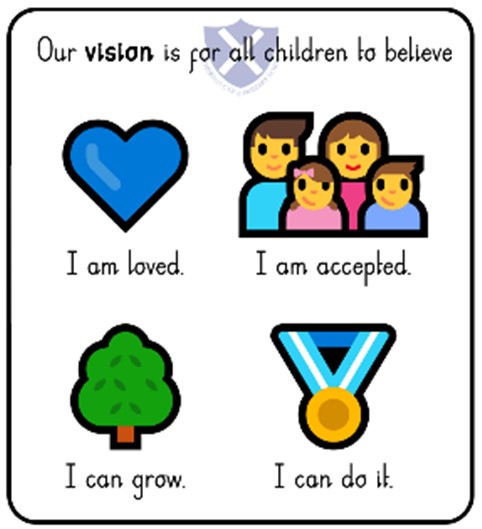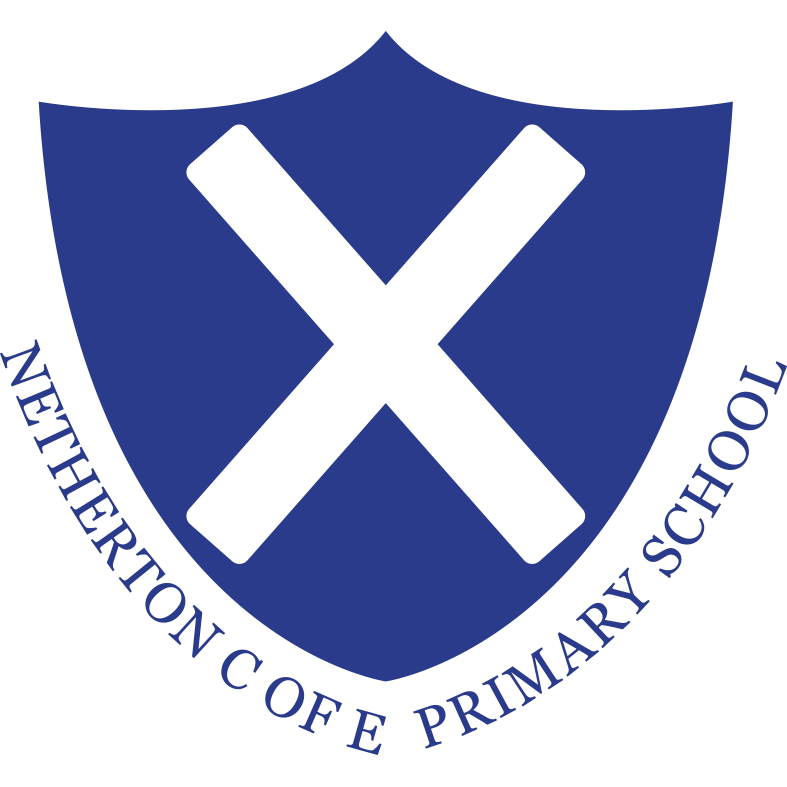Maths
Intent
At Netherton C of E Primary School, our aim is for all children to be confident and enthusiastic leaners of mathematics. As part of our school vision we instil the ‘I can do it’ attitude that they use in each lesson. We strive to engage children in our mathematics lessons and encourage them to be confident in the mastery of new concepts. The mastery approach enables all children to feel accepted, knowing that they can succeed.
We believe that a high quality mathematics curriculum equips our children with a uniquely powerful set of tools that are important in their everyday lives. These tools include mathematical fluency, logical reasoning, problem solving skills and the ability to think in abstract ways. Mathematics can also provide children with the opportunity to be creative with numbers and shapes by exploring patterns and making connections, enabling children to show their individual strengths. Being able to seamlessly move from the concrete, to the pictorial and finally the abstract is vital and these are threaded through each lesson.
Implementation
At Netherton C of E Primary School we use the National Curriculum for Mathematics (2014) as the basis for our teaching. Key concepts in mathematics are taught through milestones appropriate for their age group, so that they make genuine progress and avoid gaps in their understanding that create barriers to learning as they progress onto more advanced concepts.
The National Curriculum for mathematics (2014) describes in detail what pupils must learn in each year group. The use of the Power Maths Scheme, Classroom Secrets and White Rose resources, alongside this allows mastery to be firmly embedded in our everyday classroom practise. This ensures continuity, progression and high expectations for attainment in mathematics in all year groups. Basic facts and fluency are practised during Maths Meetings held in all year groups during a session separate to the main lesson. This helps to fill gaps, pre-teach and build arithmetic skills.
The use of pictorial resources and models and images makes new concepts accessible for all and enables the children to manipulate numbers in many forms. These are used in all year groups and matched appropriately to the task given.
The correct use of mathematical vocabulary is essential in our teaching and learning of mathematics. This emphasis on the use of mathematical language helps children to communicate effectively when reasoning. This also links with our whole school focus on development of a language rich curriculum.
In the Foundation stage, the curriculum is guided by the Framework for the Early Years Foundation Stage. This sets the standards for the learning, development and care for children from birth to five. Mathematics is one of the specific areas for the EYFS and involves providing children with opportunities to develop and improve their skills in counting, understanding and writing numbers, calculating simple addition and subtraction problems, and to describe shapes, space and measures. This is also enhanced by the use of Power Maths to ensure consistency across the school.
The teaching of mathematics is monitored by the subject leaders through lesson observations, work scrutiny, staff feedback and pupil voice. The subject leaders support staff to ensure quality first teaching of mathematics.
Impact
By the end of Year 6, children will have a secure understanding of the key concepts in mathematics. They take part in all lessons and know that they can grow and develop as mathematicians. They are able to make connections between these different areas and show mastery of the subject. Outcomes in their mathematics books evidence a progressive, broad and balanced curriculum which demonstrate the children’s acquisition of key vocabulary and knowledge. They will have a positive attitude to the subject and enjoy finding new ways to solve challenges. They will be able to reason with intent using an excellent mathematical vocabulary built up and developed over time.
Characteristics of a Mathemetician
- Studious
- Inquisitive
- Bright
- Good with numbers
- Enjoys a challenge
- Logical
- Systematical
- Enjoys finding a solution
- Resilient
Potential Careers
- Financial analyst
- Engineer
- Finance
- Banker
- Statistician
- Accountant
- Mathematician
- Meteorologist
- Trader
- Data analyst
- Teacher
- Market researcher
Year 4 MTC
Click here to access the parental guidance for the statutory Year 4 MTC
